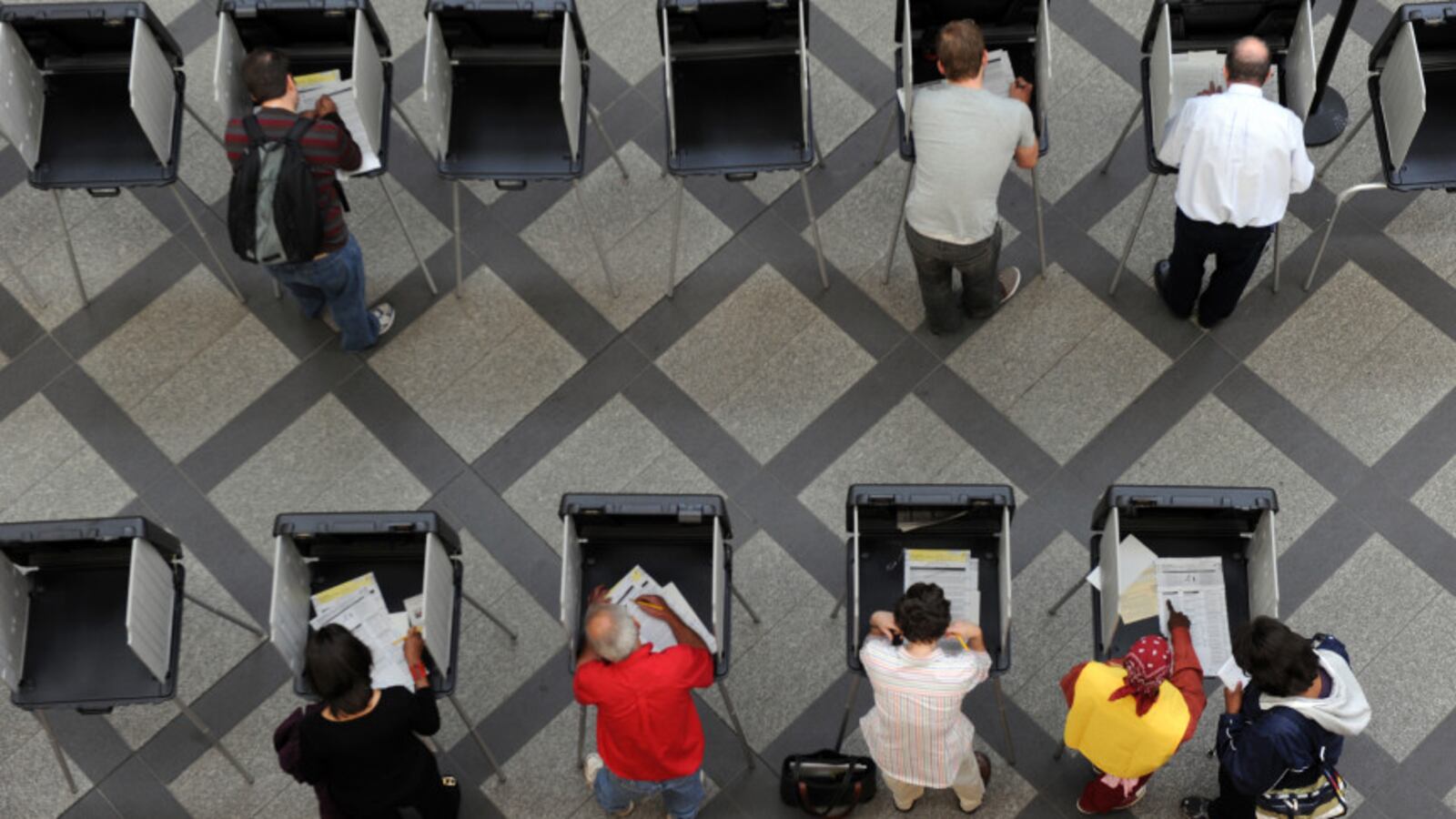After receiving pushback from teachers, lawmakers scrapped a proposal that would have limited when school districts could ask voters to approve a tax increase — a move that some feared would lower the chances of future measures passing.
The proposal, which the Senate elections committee quietly added to a bill earlier this month, would have restricted schools from running a referendum in May, forcing them instead to put the question on the November ballot. It was removed after reaching the full Senate on Thursday.
The bill now would only limits schools from holding special elections to run referendums.
This isn’t the first time referendum restrictions have come up at the Statehouse. Those who favor limiting these votes argue that timing the public question with the general election will ensure better turnout, since fewer voters show up for primaries.
“I think it’s important when there’s a public question that can end up resulting in a tax increase that the maximum number of voters possible weigh-in,” said Sen. Mike Gaskill, R-Pendleton, an elections committee member.
But school advocates say the restriction would have hampered traditional public school districts by chipping away at their only option for increasing revenue above the state’s property tax cap. The Indiana State Teachers Union said limiting districts to a November vote is “unnecessary,” saying on its website there is no evidence the current system is being abused.
Referendums have seen higher rates of success in May, according to Indiana University’s Center for Evaluation & Education Policy, which tracks these votes. Since 2009, 73% of the referendums attempted in May have passed while 56% passed in November.
“Now that (schools) are winning, they want to put handcuffs on it,” said Paul Kaiser, Superintendent of Beech Grove Schools. “It shouldn’t be the General Assembly telling what’s best for Beech Grove… we have elected officials on the school board who should decide.”
With schools largely reliant on state money for operating expenses, a growing number of districts are appealing to voters. More than 115 of the state’s nearly 300 districts have put education referendums on the ballot in the past decade.
More than 100 referendums have been run in the spring over the last decade, while 66 have been on the ballot in November. This May, voters in 11 districts will consider 14 referendums.
Beech Grove will vote on two such referendums in May. If passed, they would bring in an additional $16 million for construction and $800,000 for operations each year for eight years.
The district has previously passed referendums in both the fall and spring, Kaiser said. They chose May this year to allow more time after school began to give voters information.
“When you do it in the fall you don’t have as much time to meet with people,” he said. “For us, it was really more of the timing and having more time to hold community meetings.”
The state already adjusted its referendum process to encourage districts to stay within the regular election cycle. Some districts held special elections at their own cost during off years in order to renew their seven-year operational referendums, which are generally used for teacher pay and programming. Those measures now last for eight years.

